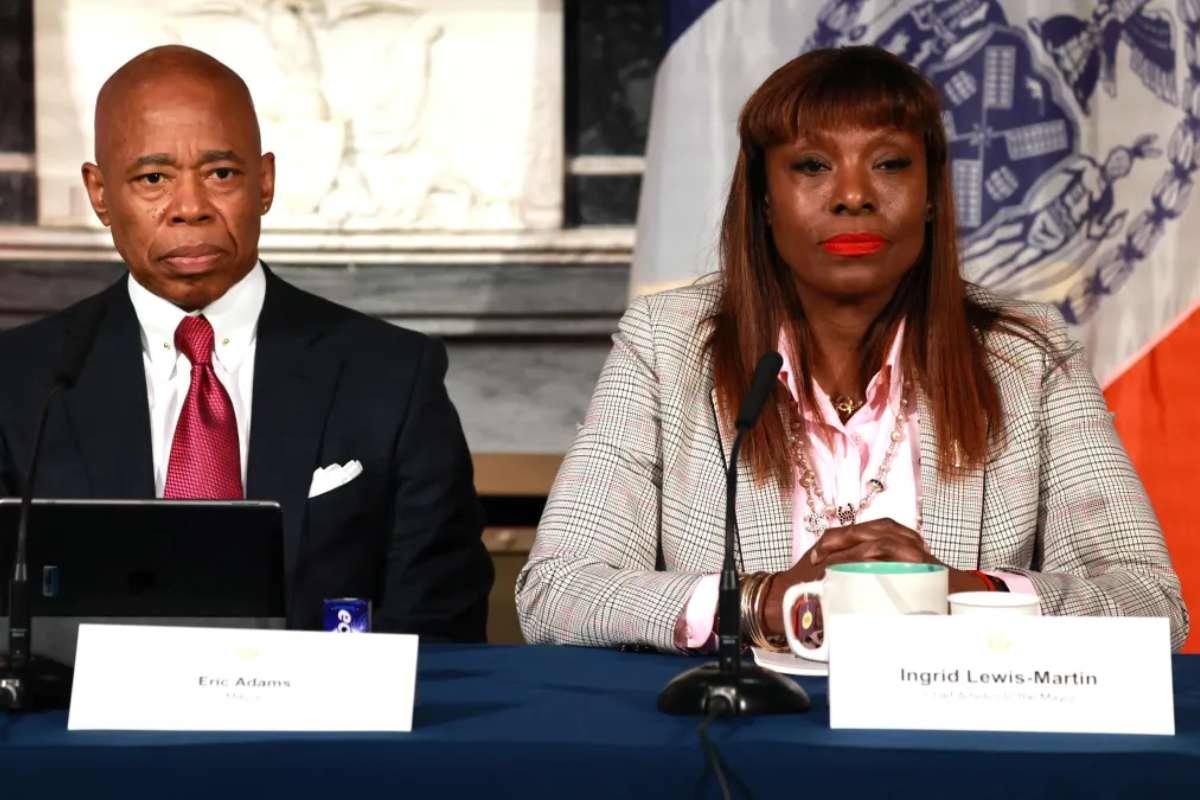In light of a general slowdown in U.S. luxury spending, Ralph Lauren (RL.N) on Thursday projected current-quarter sales that are significantly below Wall Street projections. This is due to waning demand for its pricy sweaters, shirts, and outdoor clothing.
After going on a big spending binge last year, wealthy Americans are now limiting their purchases of luxury goods because high borrowing rates and persistent inflation have scared even the wealthy away. Ralph Lauren had a 10% decline in quarterly revenue in North America, following other luxury brands including Canada Goose (GOOS.TO), LVMH (LVMH.PA), Gucci owner Kering (PRTP.PA), and LVMH (LVMH.PA) in reporting weaker regional demand that was further hampered by declining wholesale orders.
China’s recovery has taken longer than anticipated
She did, however, add that the market was anticipated to sequentially improve in the current quarter. Sales in China, meanwhile, increased by more than 50% in the first quarter that concluded on July 1, as demand increased as a result of the relaxation of COVID-19 limitations. As a result, Asia revenues increased 13% to $378 million.
China’s recovery, however, has taken longer than anticipated, and there are growing worries about consumer spending. This has hurt the luxury market, which had significantly bet on a quick China bounce to boost sales.
Luxury brands anticipated a better second half of the year going into 2023. However, the U.S. consumer’s sharp decline in discretionary spending has significantly increased prediction conservatism, according to Jessica Ramirez, senior analyst at Jane Hali & Associates.
Ralph Lauren and Toll Brothers: Stocks to watch May 25, 2023
Early trading experienced a decline in shares
In contrast to experts’ expectations for a 3.3% increase, Ralph Lauren forecasts second-quarter revenue to be flat or slightly up over the same period last year. The prediction for yearly sales was restated.
Analysts had predicted a modest decline in net revenue for the first quarter, but it actually increased slightly to $1.50 billion. The adjusted profits per share of $2.34 exceeded Refinitiv’s expectations of $2.13.
Deborah Sophia reported from Bengaluru, and Milla Nissi edited the story.
Ralph Lauren CEO Patrice Louvet told CNBC’s Jim Cramer that he had confidence in the brand’s core customer following an earnings report that failed to improve full-year forecasts.
According to Refinitiv, Ralph Lauren’s fiscal first-quarter revenue of $1.5 billion exceeded the $1.48 billion consensus estimate.
According to Refinitiv, Ralph Lauren’s revenue came in at $1.5 billion, exceeding the $1.48 billion consensus projection. The company did not, however, increase its full-year guidance, and as a result, its stock fell by close to 5% on Thursday.
Frankly, Louvet added, “I think it’s vital to look beyond one quarter. “Right now, there is a lot of volatility and uncertainty throughout the channels.





